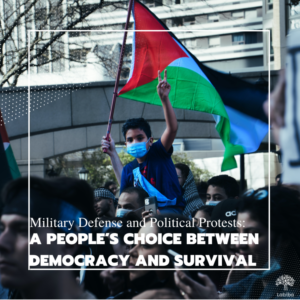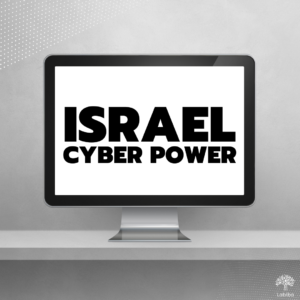By Majd Salfity
In October 2024, Israel’s Knesset passed two pivotal bills that effectively ban the United Nations Relief and Works Agency for Palestine Refugees (UNRWA) from operating in Israeli-controlled territories and terminate all cooperation with the agency.
Due to come into effect in early 2025, these laws pose a grave threat to the essential services which millions of Palestinians in Gaza, the West Bank, and East Jerusalem rely upon. The implications are dire for an already vulnerable population.
What is the UNRWA?
Established in 1949 to assist Palestinian refugees displaced during the 1948 Arab-Israeli conflict, UNRWA has expanded its reach over the decades, now providing critical support to approximately 5.9 million Palestinians. Many of these individuals reside in refugee camps across the Middle East, where they depend on the agency for vital services, including education, healthcare, food, and shelter. With a workforce of over 30,000, one-third of which based in Gaza, UNRWA has been a lifeline amid the ongoing violence in the region, offering emergency shelter, food, and medical assistance to those displaced.
The potential ramifications of banning UNRWA’s operations could intensify the humanitarian crisis already afflicting Palestinian territories. Currently, no other organization offers the same level of aid and infrastructure support that UNRWA does. The U.S. State Department and other international stakeholders have voiced deep concerns, warning that the ban could create a “vacuum” that Israel will need to address, further complicating the situation.
Critics of UNRWA, including some Israeli politicians, argue that the agency keeps Palestinian refugees in a permanent state of being refugees by recognizing their descendants. They believe this makes it harder to achieve peace and resolve the conflict. Some supporters of the ban also claim that UNRWA has links to Hamas, alleging that some staff members have been involved in attacks. However, UNRWA strongly denies these claims and is currently being investigated.
Why does Israel want to ban UNRWA?
Israel’s opposition to UNRWA is not new. Efforts to dismantle the agency have been ongoing, even before the Hamas-led attacks on October 7, 2023. Israeli officials challenge UNRWA’s definition of Palestinian refugee status, insisting that descendants of the 1948 refugees should not qualify, thus lacking the right to return to their ancestral homes, now part of Israel.
The decision by the Knesset has drawn sharp criticism from the UN Secretary-General and leaders from countries such as Canada, France, and the UK. They stated that this move could exacerbate the already precarious humanitarian situation in Gaza and destabilize the region further. UNRWA’s Commissioner-General, Philippe Lazzarini, has called for urgent international attention, arguing that Israel’s actions undermine international humanitarian law and hinder vital support for Palestinian refugees.
The effects on Palestinian refugees
The ban on UNRWA signals a troubling change in Israel’s approach to Palestinian refugees, leading to severe implications for humanitarian aid. Millions of Palestinians are now grappling with rising uncertainty and hardship, as essential services disappear and their dreams for a better future fade. Families that once relied on UNRWA for education, healthcare, and basic necessities are left in a limbo, facing increasing despair and vulnerability. In this dire situation, the international community’s response is crucial to addressing the looming humanitarian crisis and supporting the rights and needs of those affected, as countless lives hang in the balance.
Call to Action
As the situation unfolds, people everywhere must stay informed and raise awareness about the harsh effects of the UNRWA ban on Palestinian refugees. Every day, families face deepening despair, stripped of vital services and hope for a better future. Supporting humanitarian groups that provide essential aid, push for peaceful solutions, and encourage open conversations can truly make a difference. Your voice matters — share this important information, donate to trusted organizations, or talk about these issues with friends and family. Together, we can create understanding and compassion, turning awareness into action to help those in need.




